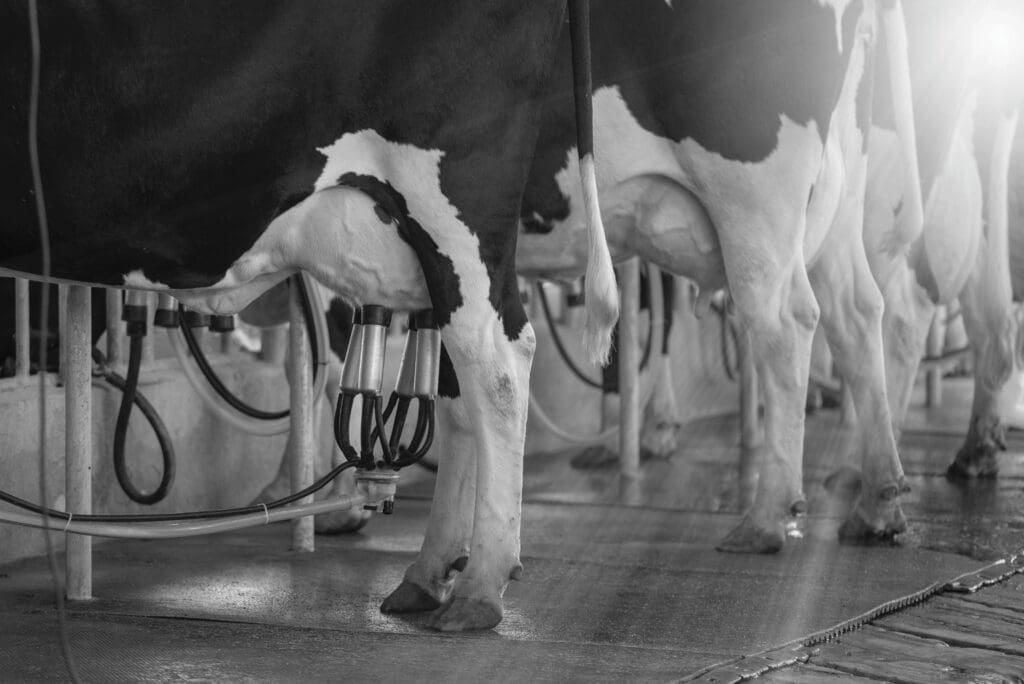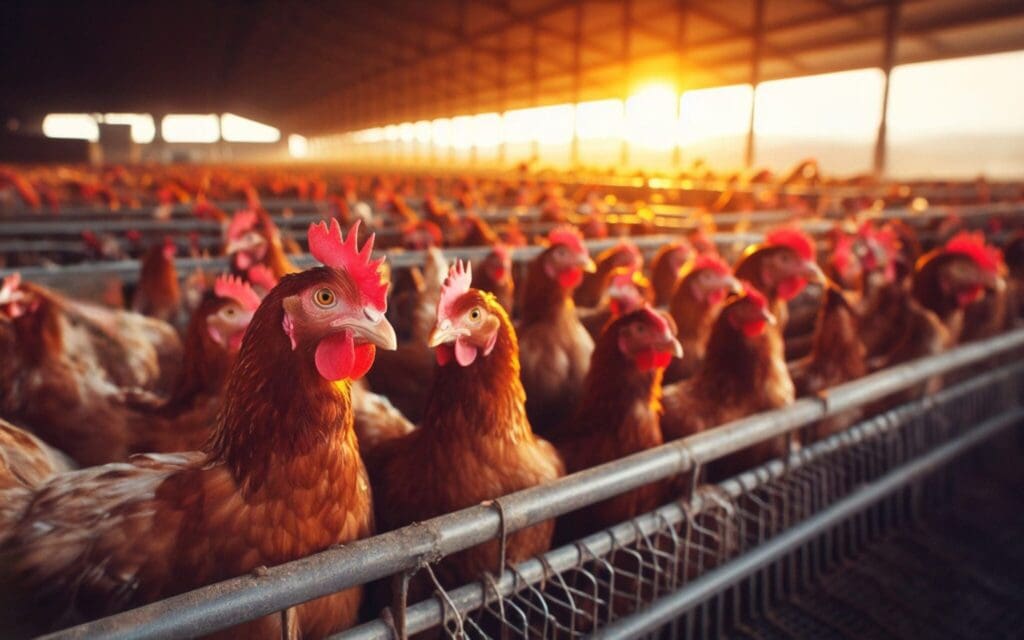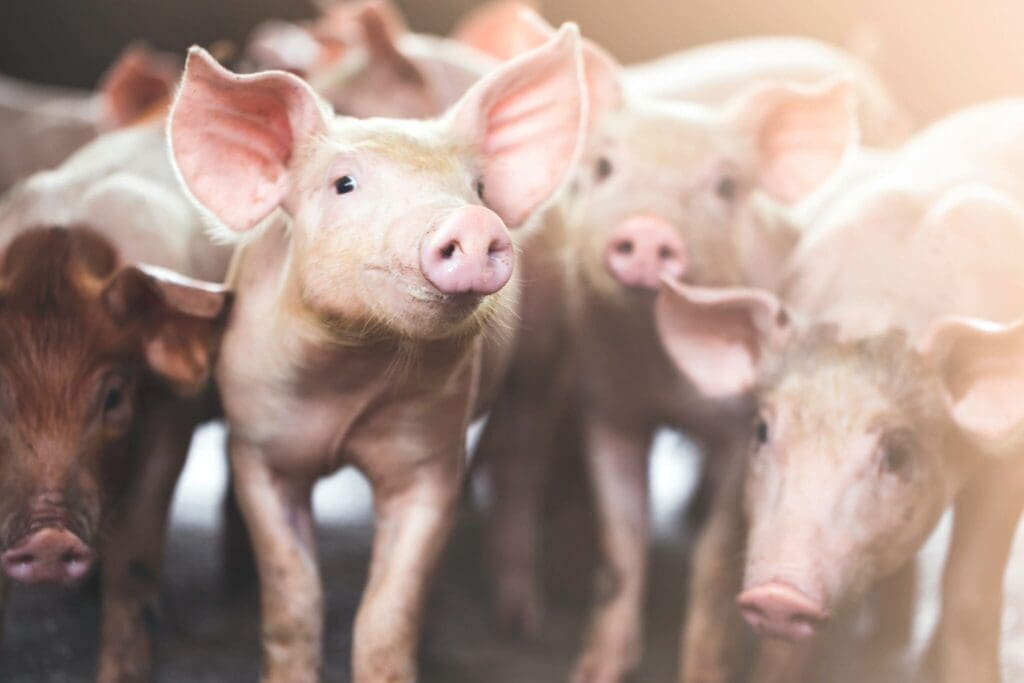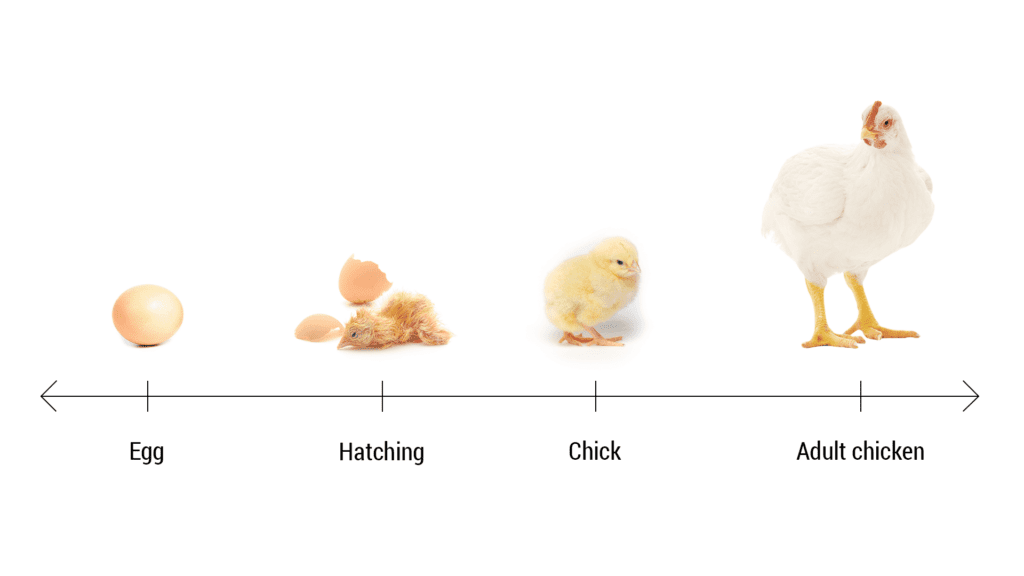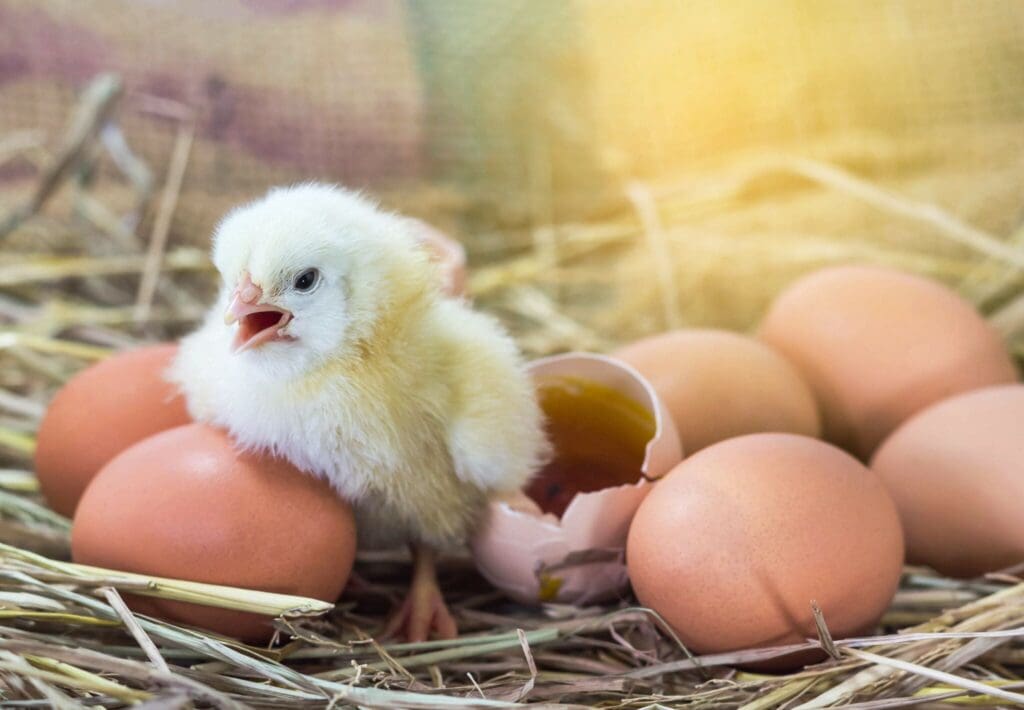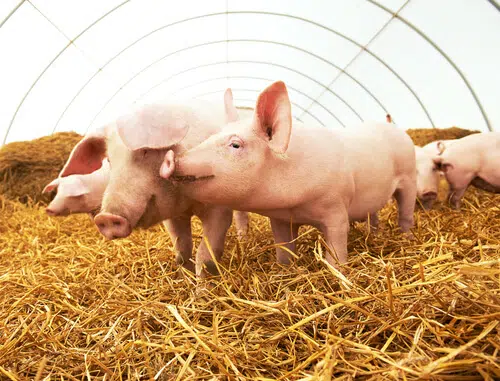Mashilo Phosa is the Swine team lead at Chemuniqué
- ProductsProducts by partner
- Analytical services
- News
Poultry
Cracking the code to longevity: The revolution of long-life layer production
The egg industry is undergoing significant transformations, setting ambitious targets for production efficiency and sustainability. ...
12
FebSwine
Optimal gilt management ensures optimal lifetime performance
Sows serve as integral components within the dynamic framework of a piggery. Their pivotal role ...
1 Comment
07
FebPoultry
Trace mineral transfer from hen, to egg, to chick: At last, seeing the big picture
Throughout this series, we have looked at the phases in which trace minerals play a ...
05
FebPoultry
Trace mineral transfer from hen, to egg, to chick: Broiler health and performance
As discussed in the preceding articles in this series, the hen deposits nutrients, including minerals, ...
29
Jan - About
A team of passionate people, committed to enhancing feed and food production in sub-Saharan Africa.
Our Team - Contact
Temperatures are expected to be largely above normal for most parts of the country during the spring and early summer periods. Environmental temperature may not have to greatly exceed the animal’s thermal neutral zone in order to have detrimental effects on fertility, and the effects may vary within and between genetic lines of animals. Stress from heat is more than just a fever and results in multiple physiological changes within the animal in attempts to dissipate the heat from its body. Pigs will increase their respiratory rates, decrease feed intake, increase water intake, and divert blood flow to the extremities to aid in heat dissipation. This results in a decrease of blood flow in the gastrointestinal (GI) tract, tissue hypoxia, and ATP depletion, ultimately increasing the permeability of tight junctions allowing bacteria and endotoxins to enter into the animal’s blood stream. The overall impacts of heat stress on reproduction are decreased milk yield, increased body weight loss, increased wean-to-oestrus intervals, and impairments in embryo development.
